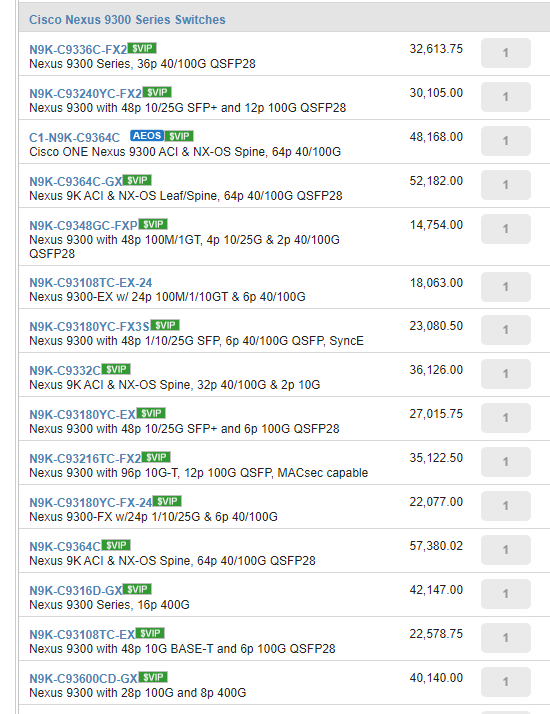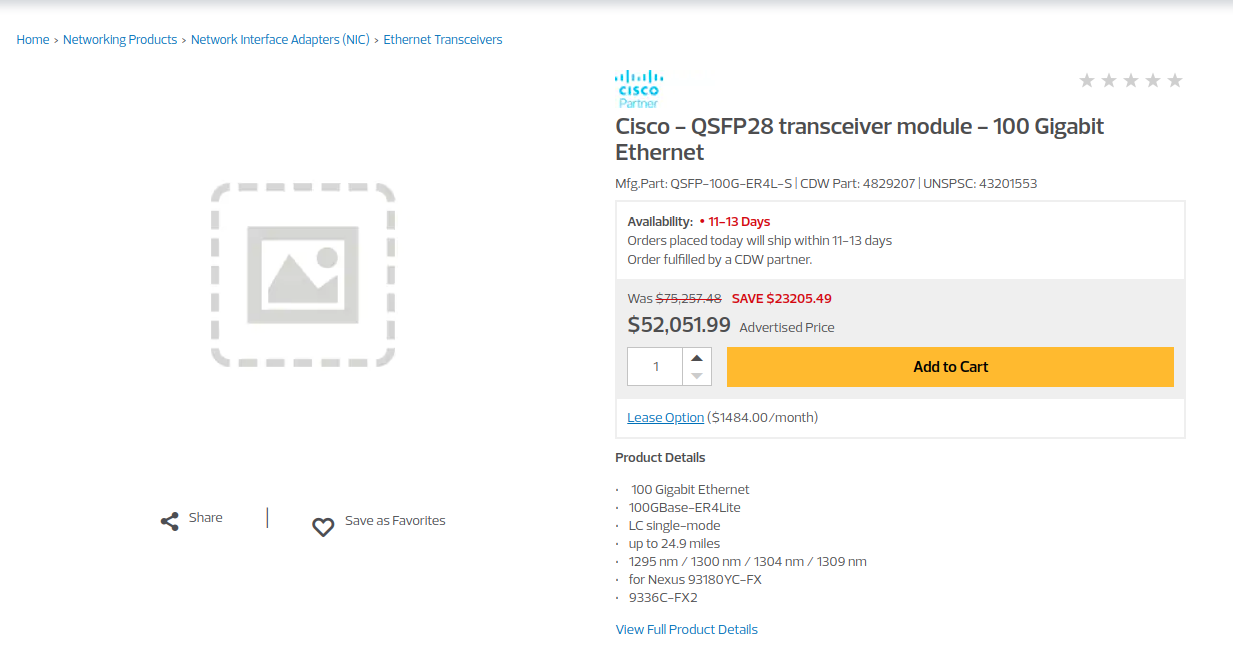erek
[H]F Junkie
- Joined
- Dec 19, 2005
- Messages
- 10,875
"FBI agents who investigated the case said they tracked nine of the 41 missing Cisco switches to ads on eBay, while the location of the rest remains unknown.
Nonetheless, this was enough to file charges against Petrill, which authorities arrested and indicted in November 2019.
Officials said Petrill "confessed his activity in a manner to attempt to assist authorities" and "fully accepted responsibility for his actions."
Besides prison time, Petrill was also ordered to pay restitution in the amount of $345,265.57 to the Horry County Government.
This marks the second legal case over the past week where Cisco was involved. Last week, a former Cisco engineer also pleaded guilty to accessing his former employer's network and wiping 456 virtual machines, which eventually led to disruption to over 16,000 Webex Teams accounts."
https://www.zdnet.com/article/forme...e-for-selling-governments-cisco-gear-on-ebay/
Nonetheless, this was enough to file charges against Petrill, which authorities arrested and indicted in November 2019.
Officials said Petrill "confessed his activity in a manner to attempt to assist authorities" and "fully accepted responsibility for his actions."
Besides prison time, Petrill was also ordered to pay restitution in the amount of $345,265.57 to the Horry County Government.
This marks the second legal case over the past week where Cisco was involved. Last week, a former Cisco engineer also pleaded guilty to accessing his former employer's network and wiping 456 virtual machines, which eventually led to disruption to over 16,000 Webex Teams accounts."
https://www.zdnet.com/article/forme...e-for-selling-governments-cisco-gear-on-ebay/
![[H]ard|Forum](/styles/hardforum/xenforo/logo_dark.png)


